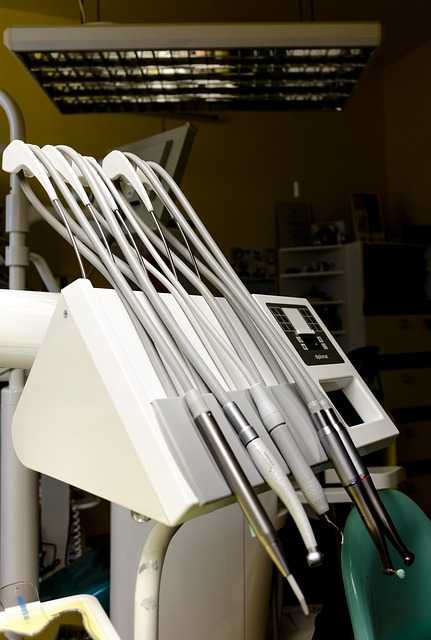 Dentists in America have to comply with various local, state, and federal regulations to ensure the safety of their dental procedures. They should observe all precautions to ensure the well-being of patients. Dentists have the responsibility of practicing infection control procedures so that patients under their care are not exposed to unnecessary risk due to waterline contamination.
Dentists in America have to comply with various local, state, and federal regulations to ensure the safety of their dental procedures. They should observe all precautions to ensure the well-being of patients. Dentists have the responsibility of practicing infection control procedures so that patients under their care are not exposed to unnecessary risk due to waterline contamination.
Some regulations govern dental waterline testing. InfectionControlProducts.com describes dental waterline as the tubes connecting the ultrasonic scaler, water or air syringe, and hand piece to the supply of water.
Contamination of dental waterlines
The ideal level of microorganisms in waterlines in dental clinics should be below 500 CFU/mL. Although studies reveal that waterlines are rarely contaminated by harmful microorganisms, untreated dental units may have microorganisms at levels higher than 500 CFU/mL.
At this level, persons with compromised immune systems, the elderly, and very young children are at risk for acquiring infection. Microbial accumulation may occur when the interior of the tubing serves as an environment where bacteria and fungi can thrive. Poorly maintained systems that emit a foul odor may already indicate contamination.
Ensuring microbiologic quality of water
Water quality monitoring is therefore essential in determining the level of microorganisms already in the tube system. The Centers for Disease Control highly recommend the use of commercially-available self-contained kits.
It is easy to use water quality indicators. High quality devices can detect the presence of water-borne bacteria. Dentists can rely on these to determine the quality of the water in their dental equipment. Laboratories that offer water testing may also deliver the test results for convenience. Other organizations and institutions may also offer reliable dental unit waterline testing.
Dental practitioners must be vigilant in improving the quality of water used during procedures. Proper use and maintenance are very important to protect the health of patients.

